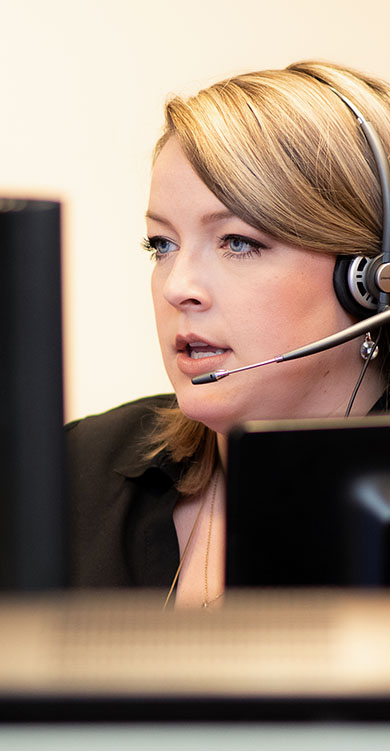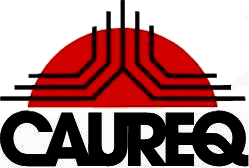What Information Should you Give During the Call?
Once you’ve dialled 9-1-1, the emergency operator will answer: “9-1-1, quelle est l’adresse de l’urgence ?” (9-1-1, what is the address of the emergency?), which is why it is important to always have this information on hand. Then, the operator will verify the location of the emergency, the town, your telephone number and your name. They will then ask you a series of questions about the incident in order to get the information they need to dispatch the emergency responders efficiently and safely. There are no trivial or wrong answers to these questions, if you don’t have the information, tell the operator.
You should also note that calling from cellular phones can make it difficult to trace the location of an incident. That’s why you should always have a reference point or know the exact address. This minimizes the emergency operator’s response time and the response time of the emergency responders who will be dispatched.
Service
The CAUREQ handles 9-1-1 calls on behalf of the municipalities of Eastern Quebec efficiently and in accordance with the requirements of the Civil Protection Act and the Regulation respecting standards, specifications and quality criteria applicable to 9-1-1 emergency centres and to certain secondary emergency centres.
It also ensures fire services are deployed and efficiently coordinates emergency responses based on the information obtained.
What’s more, as a Health Communication Centre it provides medical call handling service to ensure an appropriate response—ambulance services and first responders—aimed at reducing the mortality and morbidity in its service area.

Service and quality
Service T9-1-1
T9-1-1 Service for the Deaf, Hard of Hearing or Speech Impaired In addition to telephone devices for the hearing impaired (TTY), the emergency call centre also accepts T9-1-1 calls. T9-1-1 is a service offered exclusively to the deaf, deafened, hard of hearing or speech impaired (DHHSI) community. The service allows the operator to converse with the caller via text in an emergency. You must be registered with the T9-1-1 service in order to use it. To do so, contact your wireless service provider (cell phone). Registration is free. You must have a cellular phone that is compatible with the service, in other words, you must be able to make a call and text at the same time. Each cellular phone service provider publishes a list of compatible devices.
The Quality Assurance Process
The CAUREQ hires employees to continuously monitor and evaluate the quality of our services provided to callers and emergency responders. Our quality management is also supported by the application of a strict policy of ongoing training for staff members.

